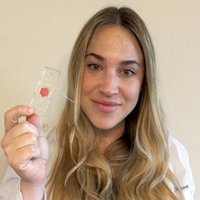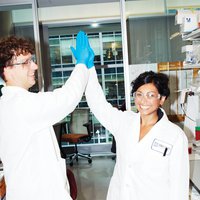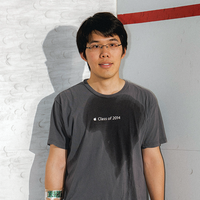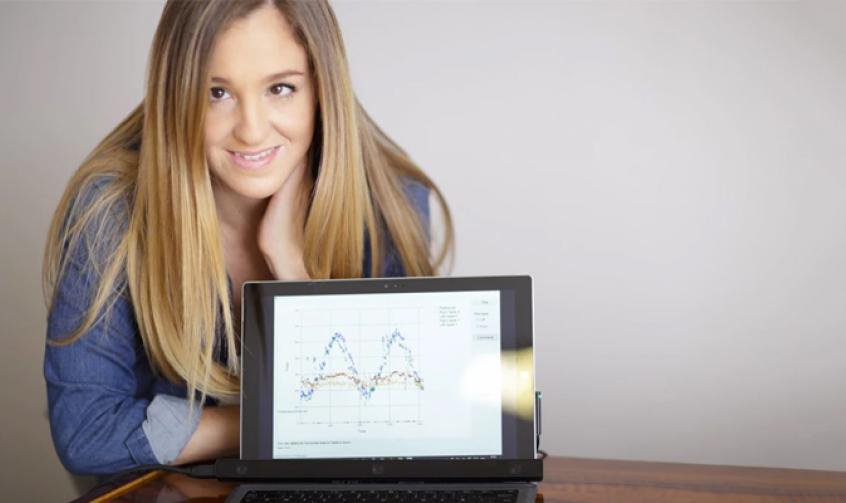"Unlike most humans, Gabriela Galilea cannot see in three dimensions. This is due to strabismus, a condition that causes her to be incapable of depth perception. Between 2% and 4% of the child population suffer the same problem, according to opthalmological studies. Observing the difficulties associated with the treatment drove this young Paraguayan to create Okimo: a software application designed to study eye movements, which helps in diagnosing and treating the disruption of tasks such as reading.
The idea to take both diagnoses and treatments to the areas where children live, as opposed to the opposite scenario, which involves additional costs and inconveniences caused by the need to travel to specialized centers especially common to rural areas. Thanks to her develpment, Galilea has been selected as of MIT Technology Review, Spanish Edition´s Innovators Under 35 Paraguay and Bolivia 2016.
""The way to diagnose ocular mobility problems is still manual, and is based on the doctor´s own subjective observation [of the patient]"", Galilea explains. ""An ocular tracking device can quantify the patient´s movement, speed, range and the location of a problem,"" she adds. In addition, the timescale for reaching a diagnosis is greatly reduced and the device allows the progress during treatment to be continually monitored.
To date, the problem has been the high cost of these devices. But as marketing and software development companies have begun to use eye movement tracking, the cost of the sensors has fallen. Even still, it was necessary to develop a software capable of detecting the correct parameters and interpreting them in a context of diagnosing visual problems.
This is exactly what Galilea has achieved. Her algorithm collects the relevant data and analyzes it, allowing the specialist to measure the progress achieved through treatment at any given time. But the young Paraguayan wants to go further, and is working on the implementation of telemedicine solutions to break down the access barriers imposed necessarily by the need to travel to receive medical care.
To this end, Galilea is brokering deals with institutions in several countries in order to include the use of Okimo at diagnostic schools for problems related to eye movement. ""Each school should have the necessary hardware to diagnose its students and remotely track the treatment received by those who need it,"" she highlights.
In the words of the director of the Vision and Robotics Center at the Escuela Superior Politécnica del Litoral (Ecuador) and jury member for the Innovators Under 35 Paraguay and Bolivia 2016 awards, Daniel Ochoa, Galilea´s project has ""a clear and well-defined objective with the potential to generate great impact."""




